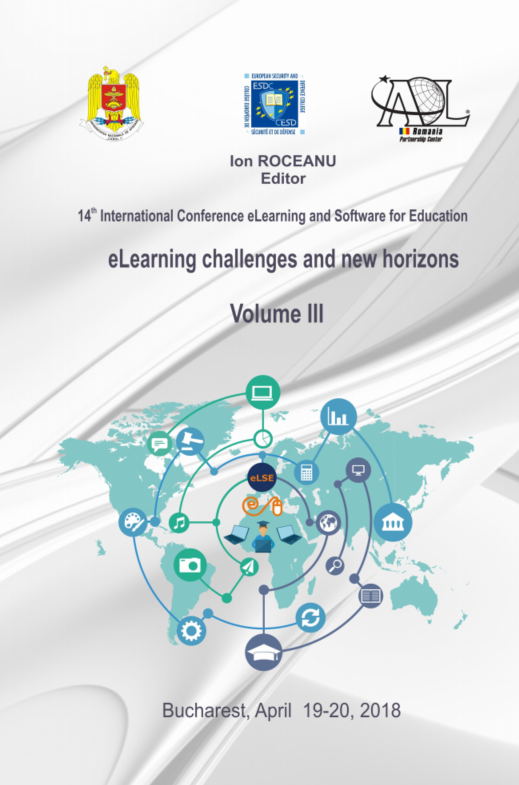Adapting Your Teaching to Accommodate the Net Generation /Z-Generation of Learners
Adapting Your Teaching to Accommodate the Net Generation /Z-Generation of Learners
Author(s): Teodora Daniela CHICIOREANU, Catalin Gheorghe AmzaSubject(s): Social Sciences, Education
Published by: Carol I National Defence University Publishing House
Keywords: teaching strategies; new technologies; AR; VR; MOOC; e-learning; team-based learning;
Summary/Abstract: The higher education is undergoing a continuous change due to both the students, and the newly developed technologies. The evolution of technology is undergoing a constant make-over and it affects the teaching - learning strategies all over the world. The integration of MOOCs (Massive Open Online Courses), AR (augmented reality), VR (virtual reality), MR (mixed or merged reality), TBL (team-based learning) in the teaching activity gives new opportunities to teachers and students alike to teach/learn new information in various contexts, different from the traditional ones. Concurrently, the teachers/trainers are now faced with the challenge of adapting their teaching styles in order to foster a new generation of students/trainees. The iGen / Generation Z, now entering university, as well as the current Generation Net / Generation Y / Millennials, have new learning expectations, styles and needs, different from the students in the past. In the theoretical part, this paper offers some examples of how the teaching strategies can be shaped in order to best adapt to the new generations and to the new technologies given the preferences of the former (experiential learning and interactivity). In the second part, the paper offers only some of the results obtained during a research (given the limited space) coming to confirm these theoretical aspects, a research which was performed within the GEX project - Optimizarea performantelor academice prin utilizarea mLearning-ului (Optimisation of academic performances by using mLearning), a research funded by the POLITEHNICA University in Bucharest. The target group consisted of 94 students/respondents studying in 8 faculties (the Automatics and Computer Faculty , the Entrepreneurship, Business Engineering and Management Faculty, the Mechanical Engineering and Mechatronics Faculty, the Technological System Engineering and Management Faculty, the Biotechnical System Engineering Faculty, the Electrical Engineering Faculty, the Faculty of Engineering in Foreign Languages, and the Applied Science Faculty).
Journal: Conference proceedings of »eLearning and Software for Education« (eLSE)
- Issue Year: 14/2018
- Issue No: 03
- Page Range: 013-020
- Page Count: 8
- Language: English

